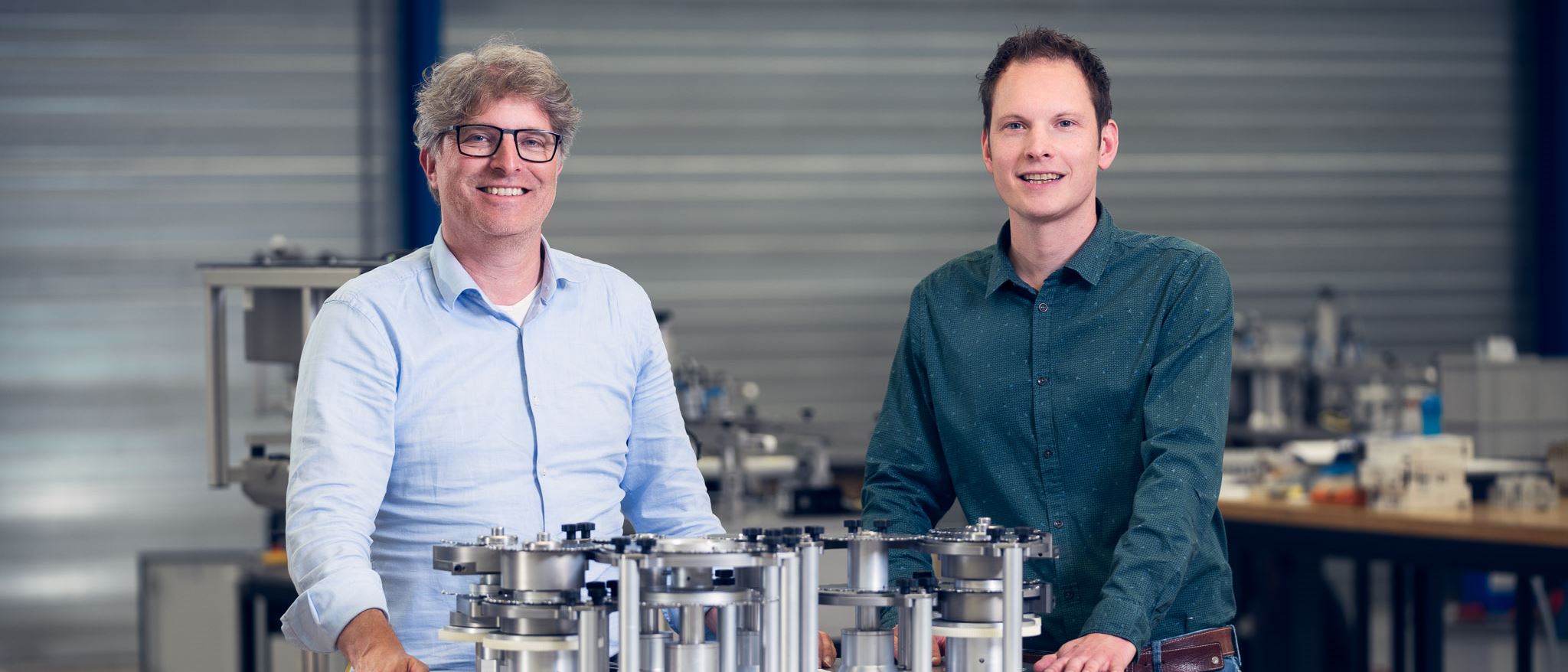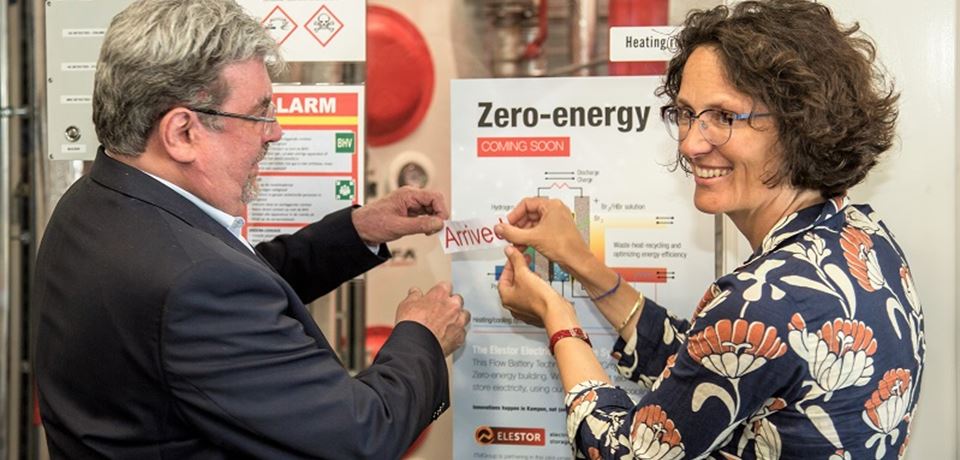Tembo is the new name for the international group of companies which TDC is part of. Tembo once started as a cigar factory in 1912, founded by Hendrikus van der Sluis. One of his sons started to automate the factory and trade in second-hand machinery. From there, the company started growing to a company that developed and manufactured their own machines. New companies were founded in Poland and England, and other companies were taken over.
Reinforce one another
Now, with the fourth generation of the Van der Sluis family, the group expanded to fourteen companies with twenty sites in ten different countries. Managing director Jeroen Slobbe: ‘All companies have their own name, but they present themselves as part of the Tembo Group. Because the companies each have their own expertise, they reinforce each other. For service and maintenance, TDC uses for instance Tembo’s service centers in Malaysia, the United States, South America and Russia. So TDC does not only deliver high-quality, innovative machine platforms, but can also provide worldwide maintenance.
Next Generation Products
Tembo wants to improve the world with their technology. Like the new company Tembo Paper, that will start to sell machines that produce paper straws. By producing and selling these machines, Tembo hopes to obviate plastic straws in the short term. And since 2006, TDC focuses on next generation products. For instance the machine platform Genesis, used for making and filling e-vaping cartridges, as an alternative for the traditional cigarette. TDC has developed the Genesis-platform entirely in-house.
Process engineer Sander van Hoegee: ‘The success of Genesis makes that TDC needs to operate more efficiently in order to maintain the platforms. Therefore, we implemented the PLM system PRO.FILE from PLM Xpert and integrated it with our CAD- and ERP systems (Solidworks and Trimergo). These systems support the primary process directly, and with this integral solution, a lot of actions are automated.’ The objective of TDC is to go further with modularity by linking all the product information (documentation, training materials) to the modules of the machine.
To read the full article in Dutch, click here.


